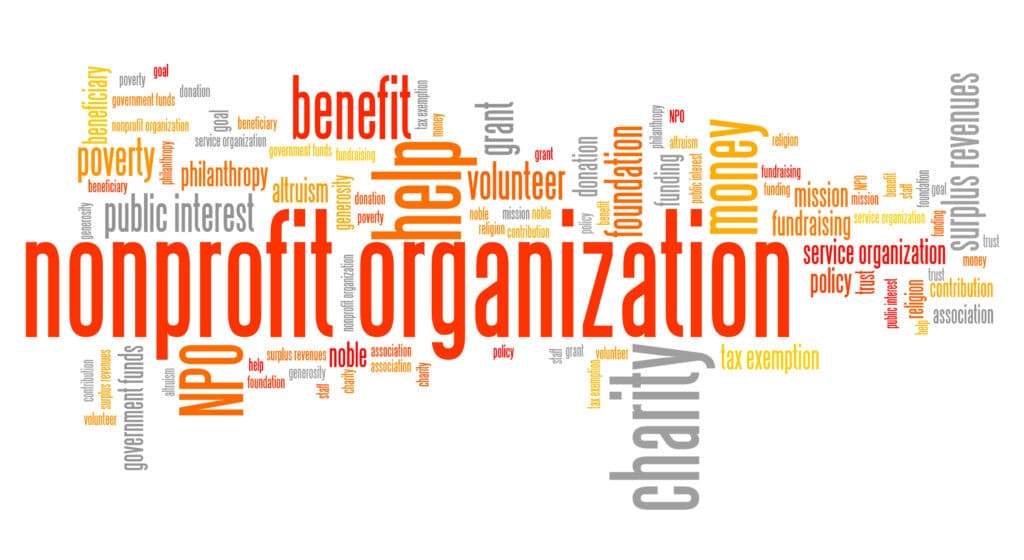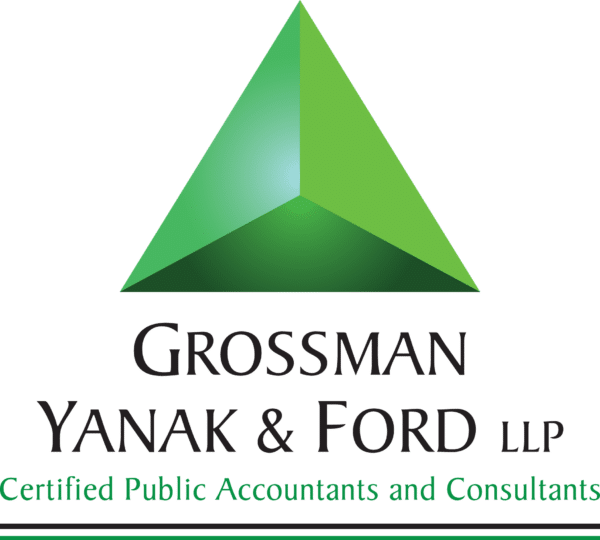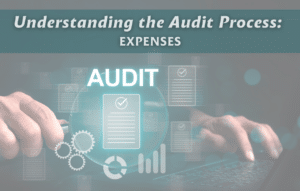On December 22, 2017, Pennsylvania Acts 71 and 72 were signed into law and amend the filing requirements for non-profit organizations that conduct solicitation activities within the Commonwealth of Pennsylvania.
Pennsylvania requires organizations that solicit contributions to register as a soliciting organization. Prior to the amendments provided by Act 71, an organization that received more than $300,000 in annual contributions was required to submit audited financial statements with the annual registration (Form BCO-10). Similarly, contributions in excess of $100,000 required at least reviewed financial statements, and contributions above $50,000 required at least compiled financial statements.
The new thresholds are $750,000 for an audit, $250,000 for a review, and $100,000 for a compilation. Internally prepared financial statements are acceptable for organizations with less than $100,000 in annual contributions. It is acceptable to submit a higher level of service than what is mandated.
These services require the use of an independent certified public accountant or public accountant (even the compilation, which accounting standards otherwise permit to be performed without independence). The registration requirements are often the first and possibly only requirement for smaller organizations to need external attestation services because of the low thresholds. Thus, these increases should provide some regulatory relief for smaller organizations.
Under Act 72, renewal registrations must be now postmarked by the filing due date rather than be received by the Bureau of Corporations and Charitable Organizations by the due date.
Both Acts are effective beginning with registration renewals due February 15, 2018 and beyond. This means that organizations with a fiscal year end as far back as March 31, 2017 could take advantage of the new rules, provided that the organization has not already filed its registration.
Organizations should carefully analyze their financial information to ensure that they are properly determining their filing requirements. Only contributions, as defined in the instructions for the BCO-10 form, count towards these thresholds.
It’s important to also consider the benefits of external services. Smaller organizations that do not have fully implemented segregation of duties or robust financial oversight by the board of directors receive great value from an annual examination by an independent accounting firm. In addition, the increased thresholds give more organizations a choice of service level (e.g. a review versus an audit).
For more information on assessing the application of these requirements to your organization, or to discuss which service level best suits your organization’s needs, please contact your GYF Executive at 412-338-9300.








